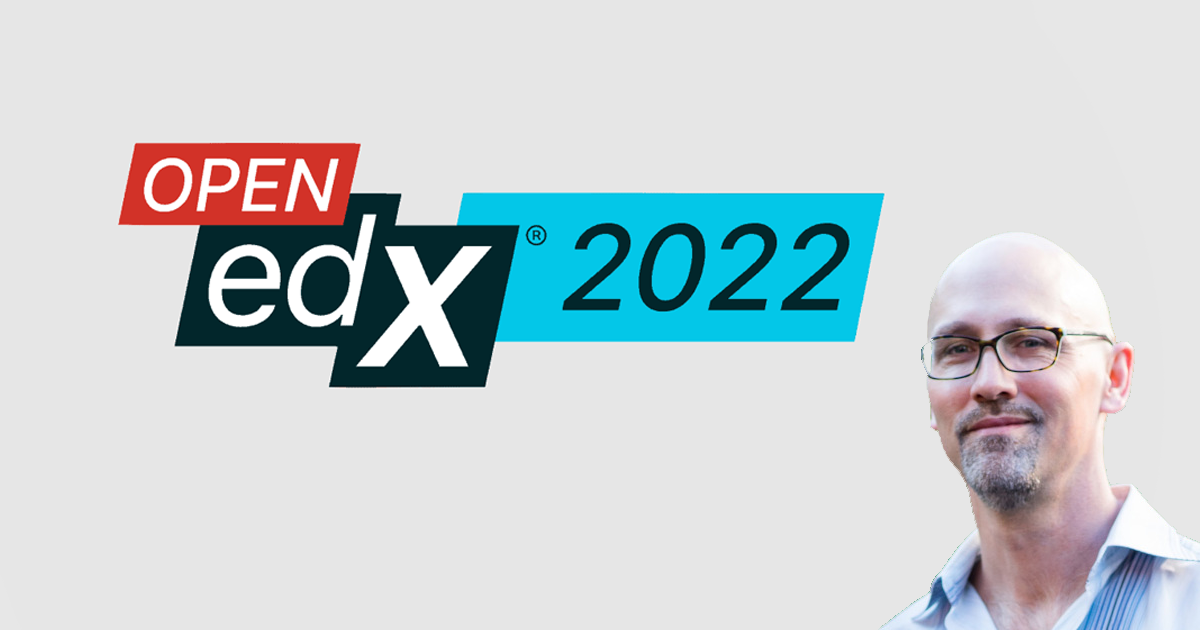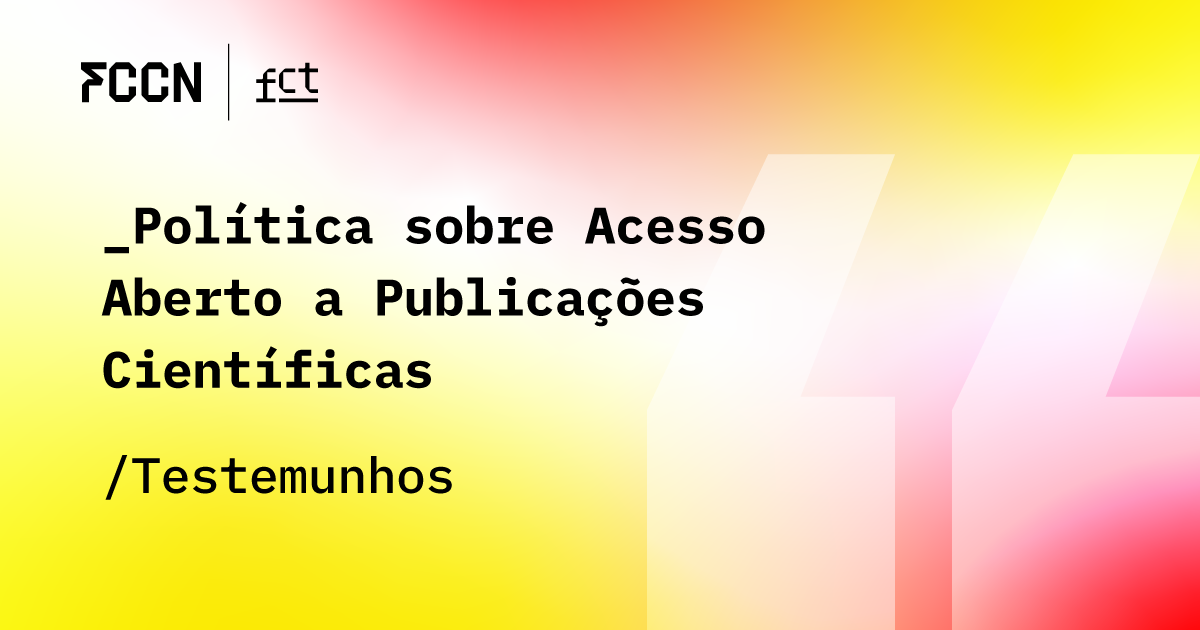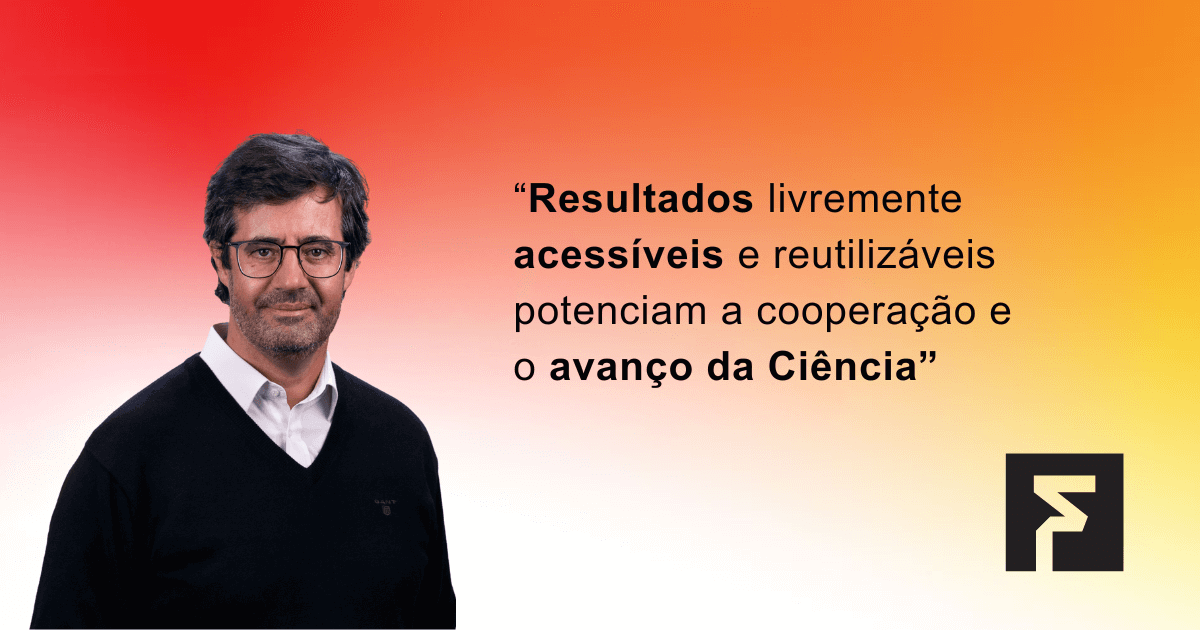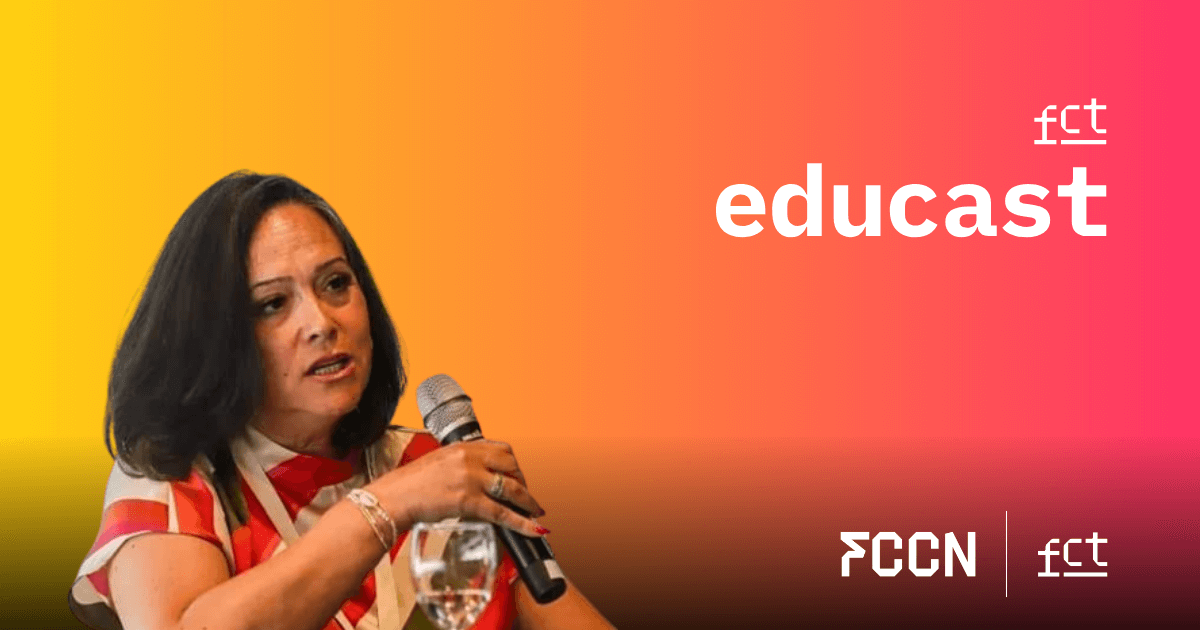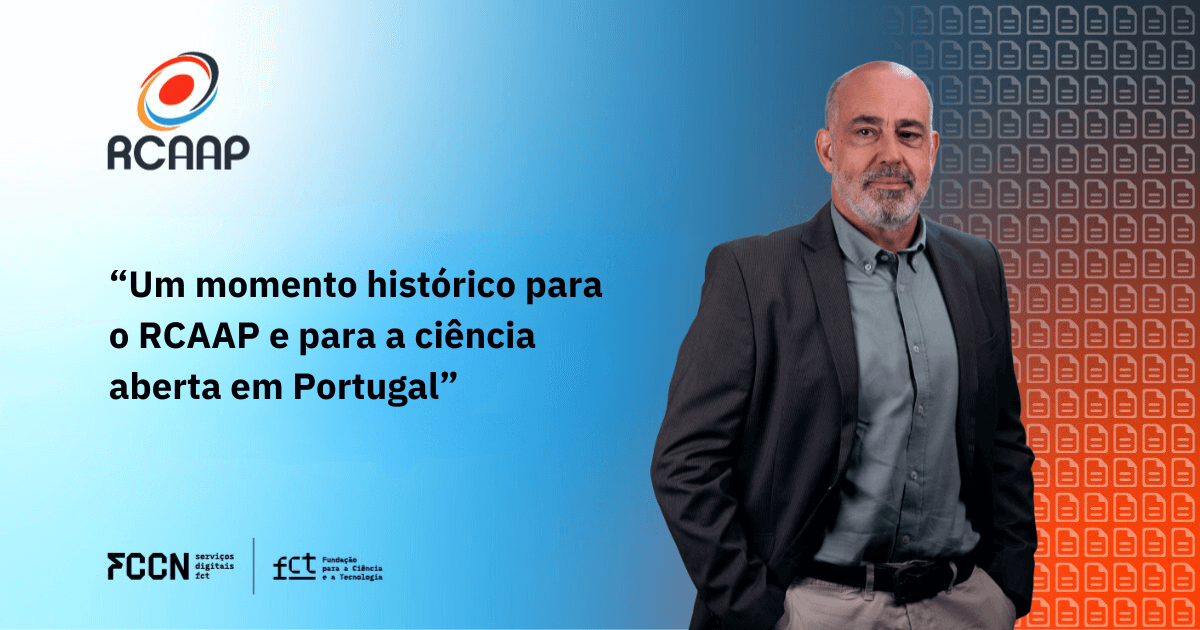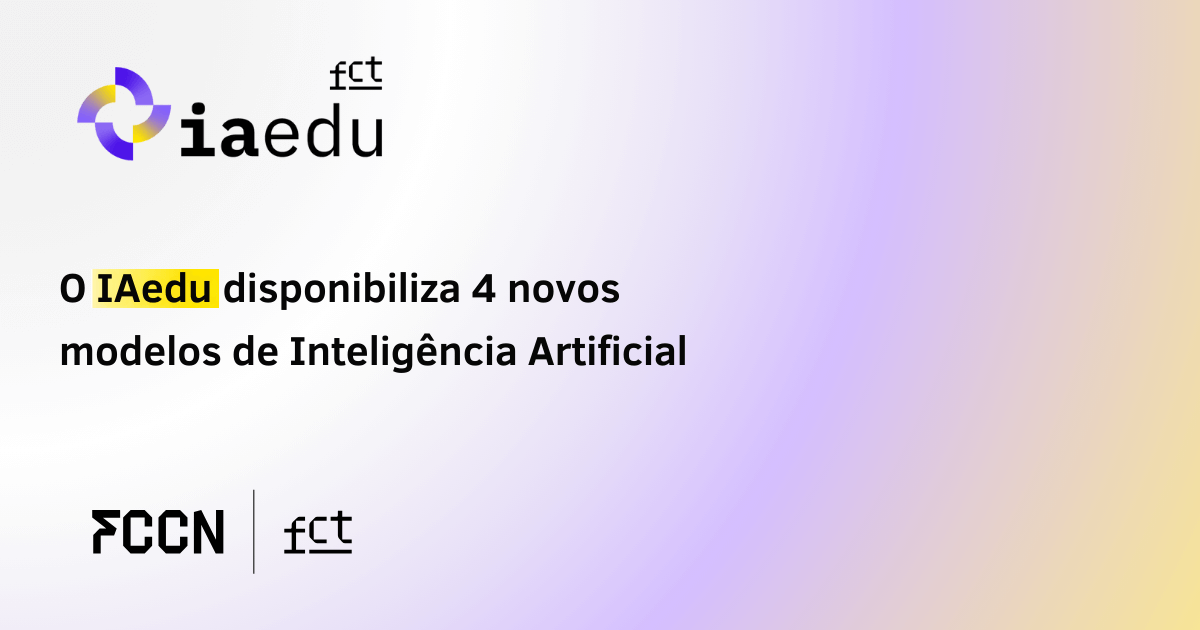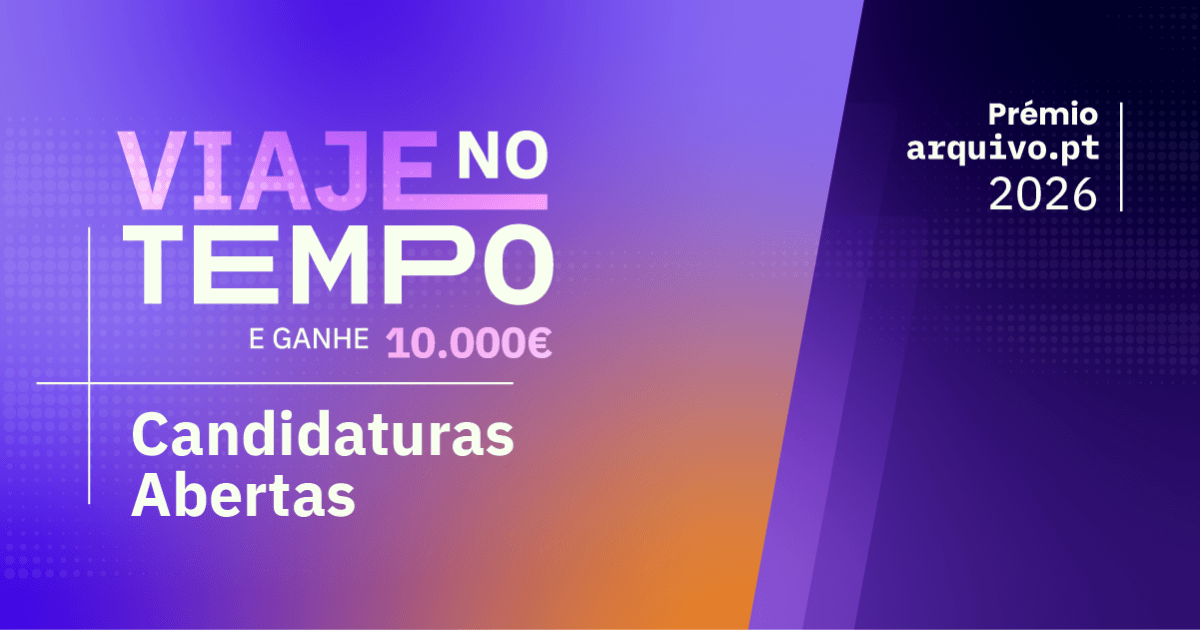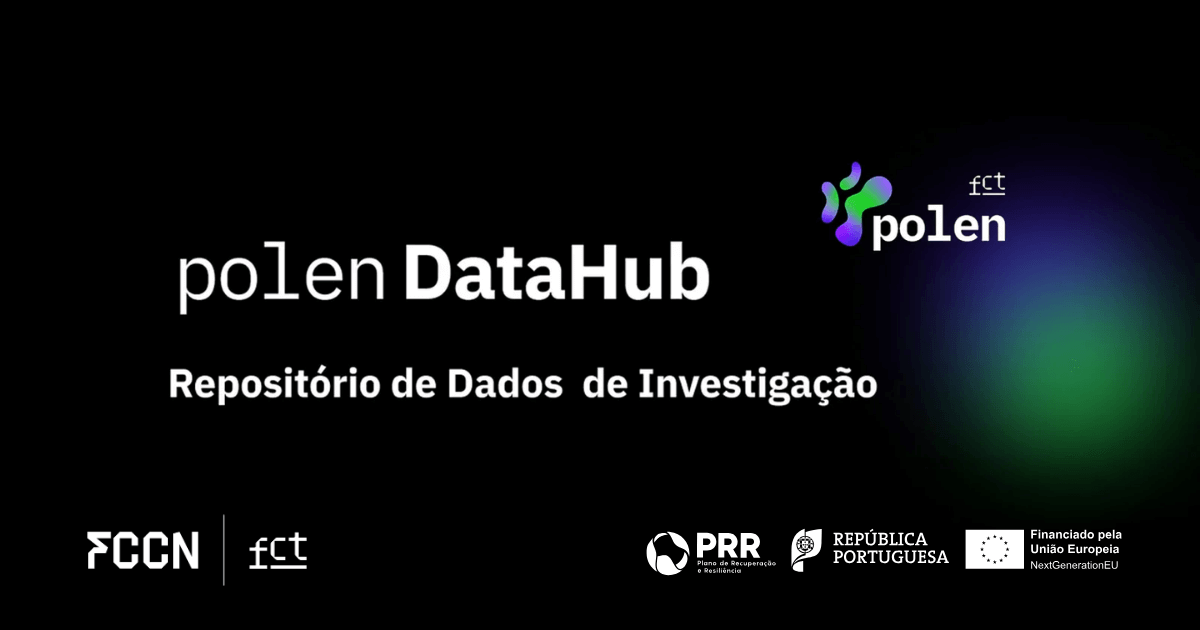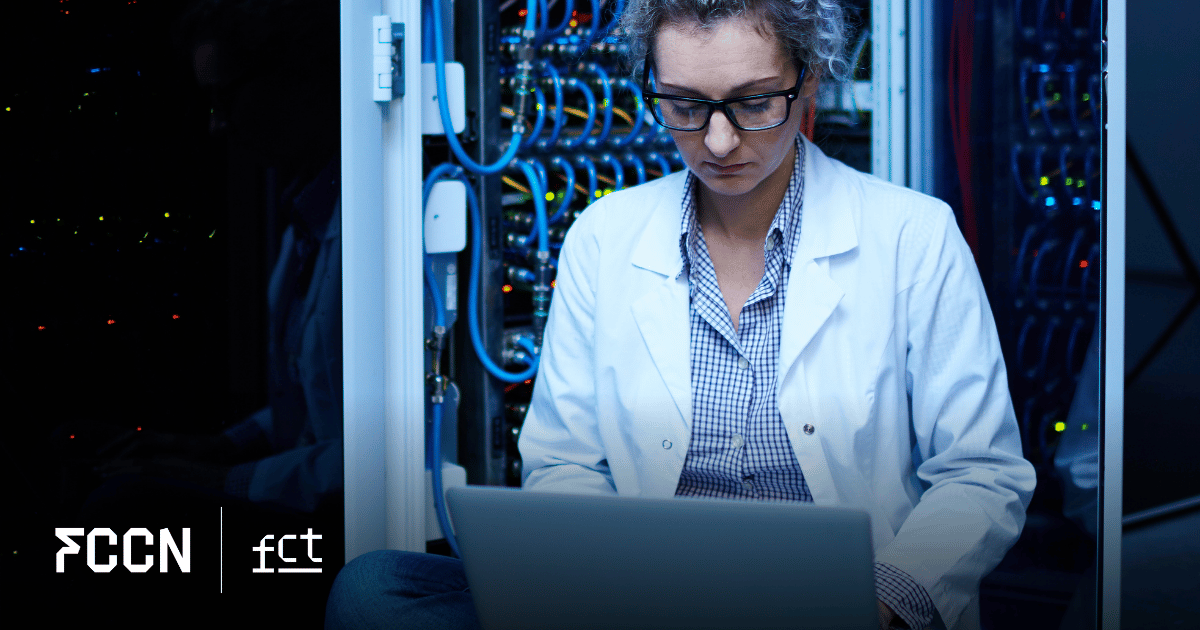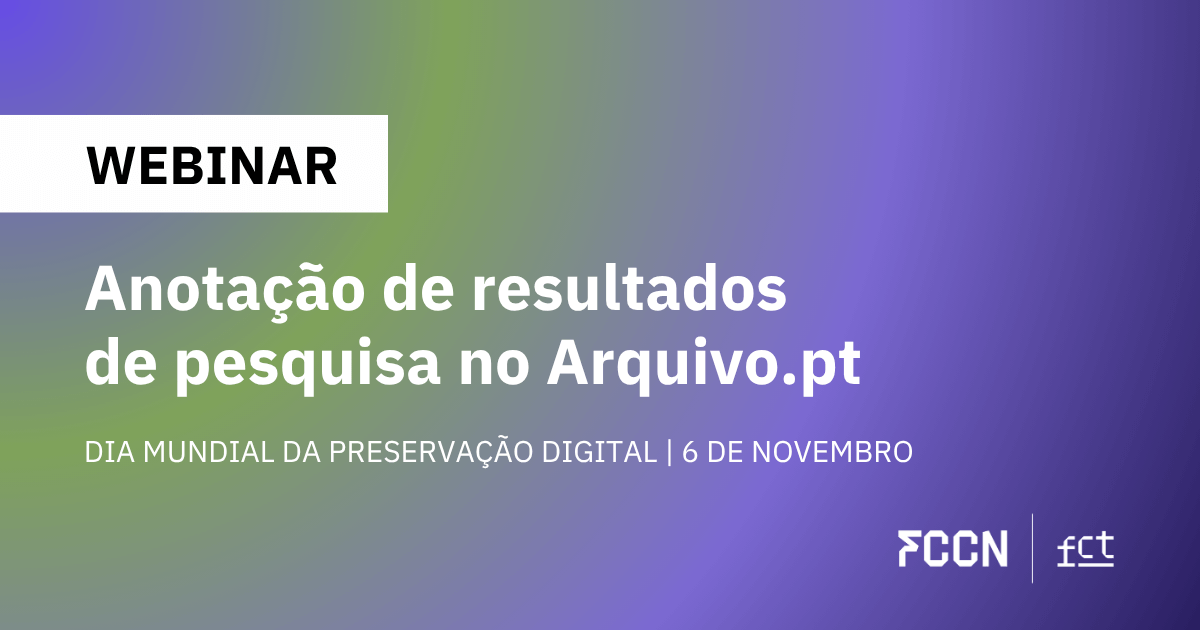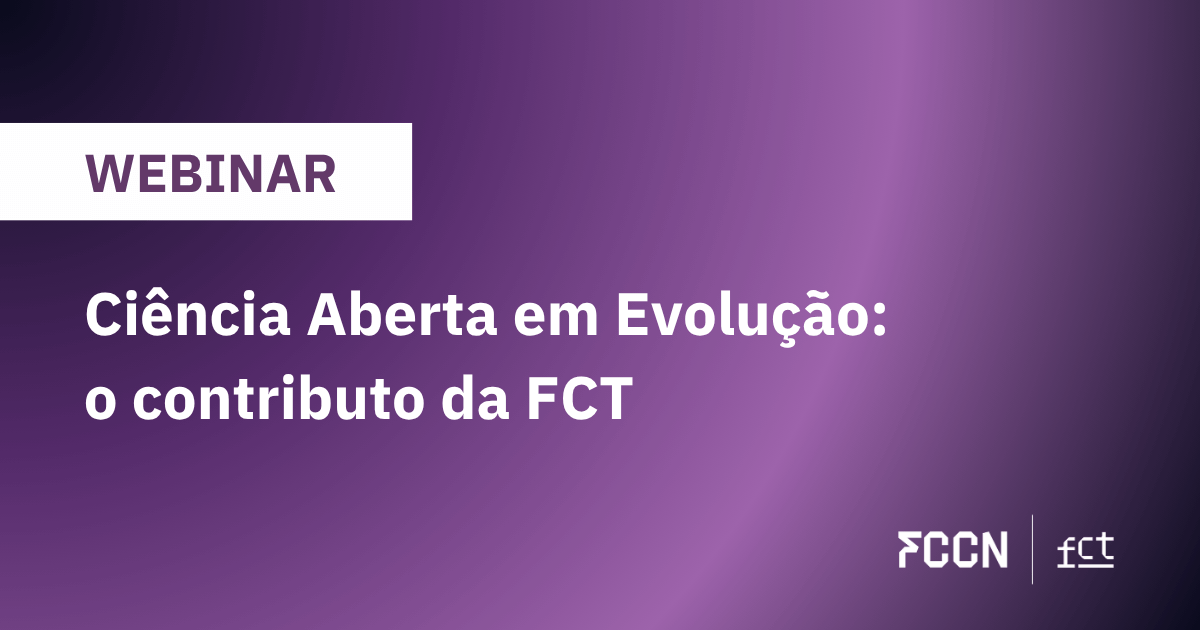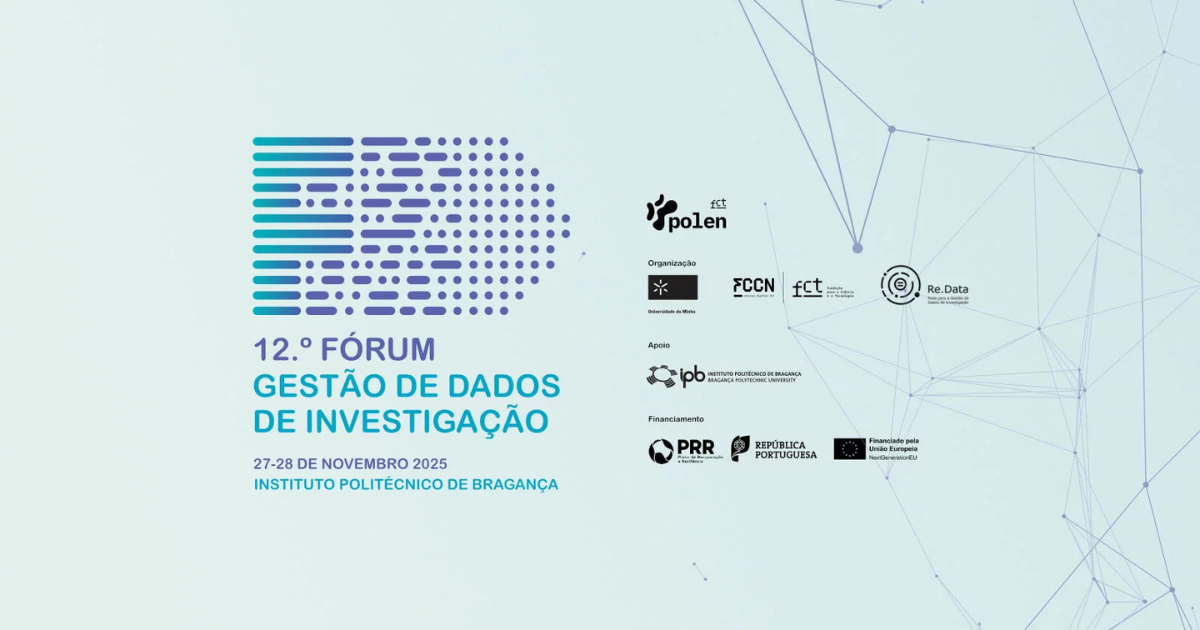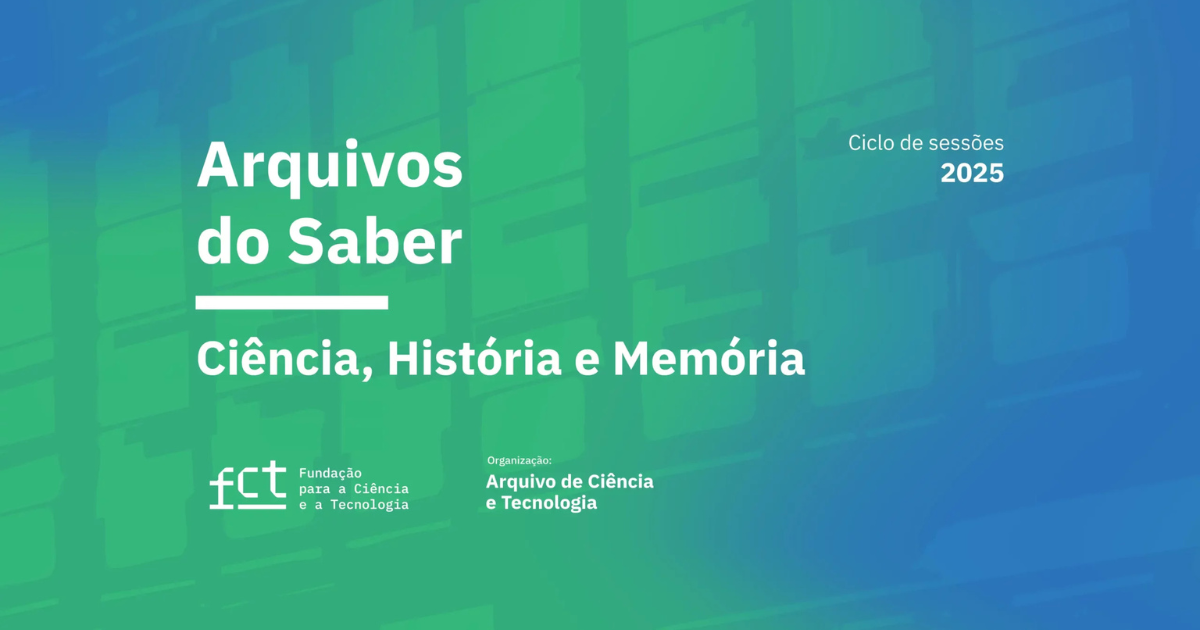The international conference that will bring together the community connected to the Open edX platform will take place in Lisbon from April 26th to 29th. Ahead of the event, the organization's Vice President for Engineering highlights some of the main objectives and highlights. Edward Zarecor also comments on the work carried out by the NAU Platform: "As a project, we are very proud of what NAU has built using the Open edX platform."
Almost two years later than originally planned, the Open edX 2022 conference is about to take place in Lisbon. What significance does this event have for the Open edX community?
The Open edX project has a strong community. Many of us have been contributing since 2013, when the project initially launched as open-source. So, there's bound to be a natural excitement about seeing old colleagues and friends in person for the first time in years. Furthermore, our community has been exceptionally busy during the Covid-19 pandemic, helping to move learning online. We've accomplished a lot and reaped many rewards over the past two years. This conference is an opportunity to share and reflect on what we've learned together.
What are some of the main results you expect for these four days?
The conference has several distinct objectives. As a community, we will gather shared learnings and achievements over the past two years. We will discuss where we want to evolve the platform, taking into account what we've learned. We will also reflect on the "health" of the community. open-source and how we can evolve to become a more inclusive project. At the end of the week, the hope is that we can all leave inspired to build the leading platform in community-based online education.
The Open edX conference has been held since 2014. How has the event evolved over time? Are there any new features in store for the Lisbon edition?
This moment marks a turning point for the Open edX project. The project's direction has led it to transition from edX Inc. to a non-profit organization: The Center for Reimagining Learning [The Center for Reinventing Learning]. We are focused on transitioning to a community-led project, where opportunities to participate, contribute, and lead are more inclusive and shared by the entire community. This year, we will have a working group and a conversation about governance of the project, which will be moderated by one of our keynote speakers, Tobie Langel, on Friday the 29th.
It's common to hear that the pandemic has been an opportunity to strengthen online education resources. Do you feel this opportunity has been maximized? What more can be done about it?
I don't think the opportunity could even have been maximized, considering that much of the transition was rushed. The critical point now is to evaluate what we achieved. What worked well? What could have worked better? We are at a point where the underlying purpose of online learning is better understood. To seize this moment, we must continue to focus on improving the quality of online education.
Strategically, does this conference also represent an effort to affirm and promote MOOCs in European education and training spaces?
Yes, MOOCs can play an important role in training and other areas of education. However, our long-term goal is to create engaging learning experiences that take us beyond asynchronous learning by supporting models. blended and by continuing to push the boundaries of what is possible online.
Focusing on the Portuguese context, the NAU Platform recently celebrated its third anniversary. Have you been following its trajectory? What do you envision for the future?
As a project, we are very proud of what NAU built using the Open edX platform. The FCT FCCN Unit team is made up of wonderful members of our community and great hosts. NAU Platform has impressed with the number of users who have joined the platform and the number of certificates issued.

